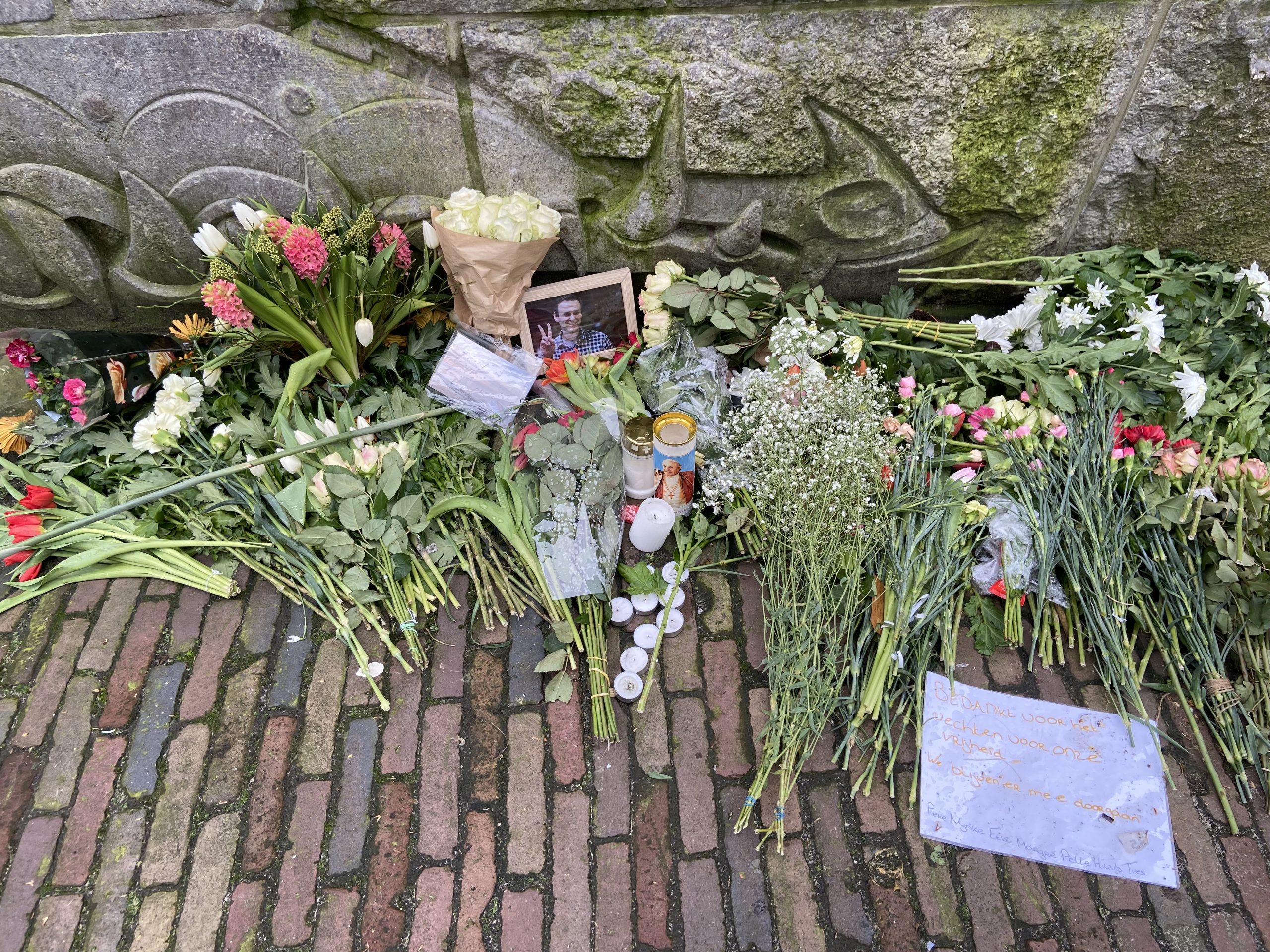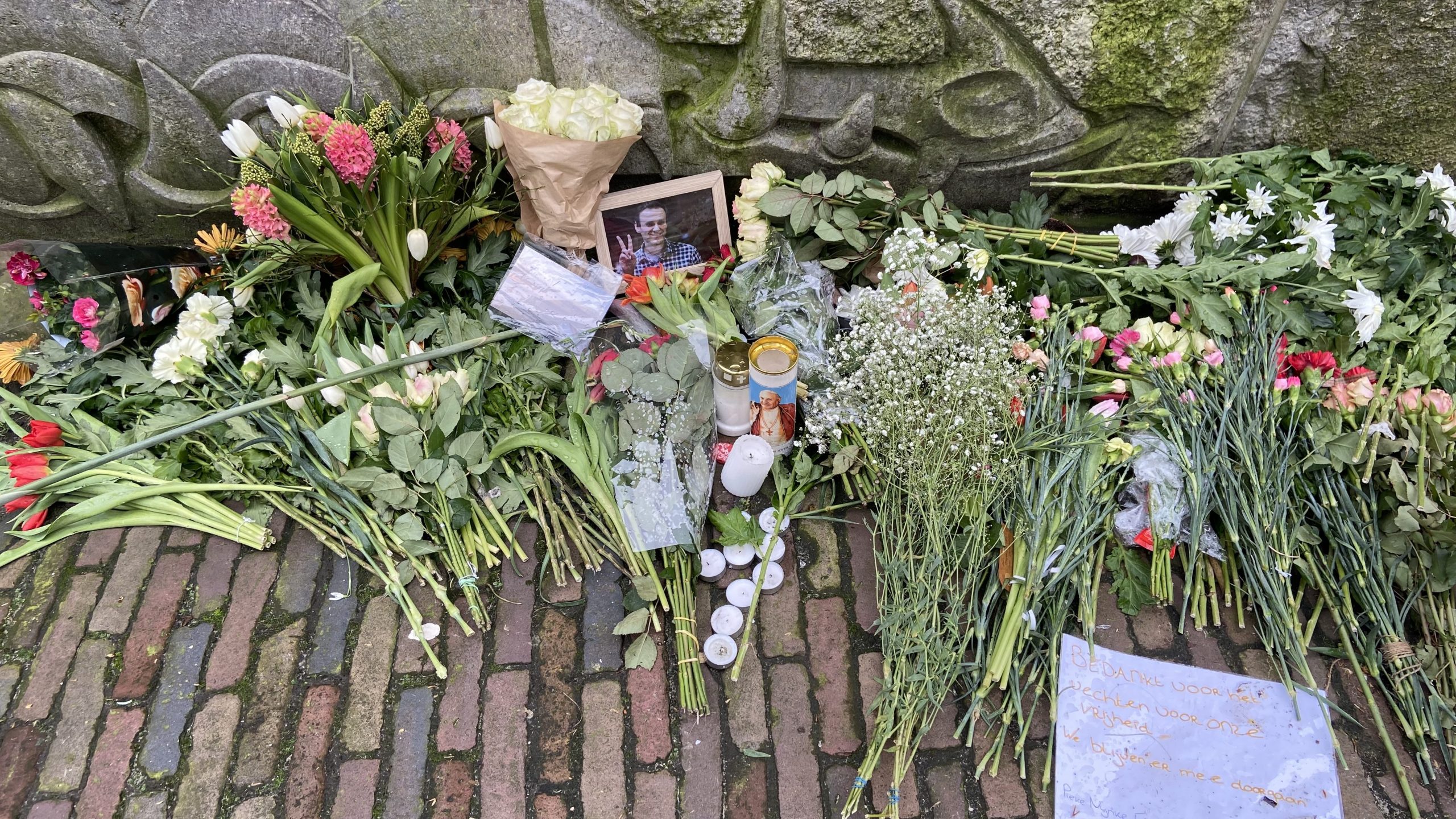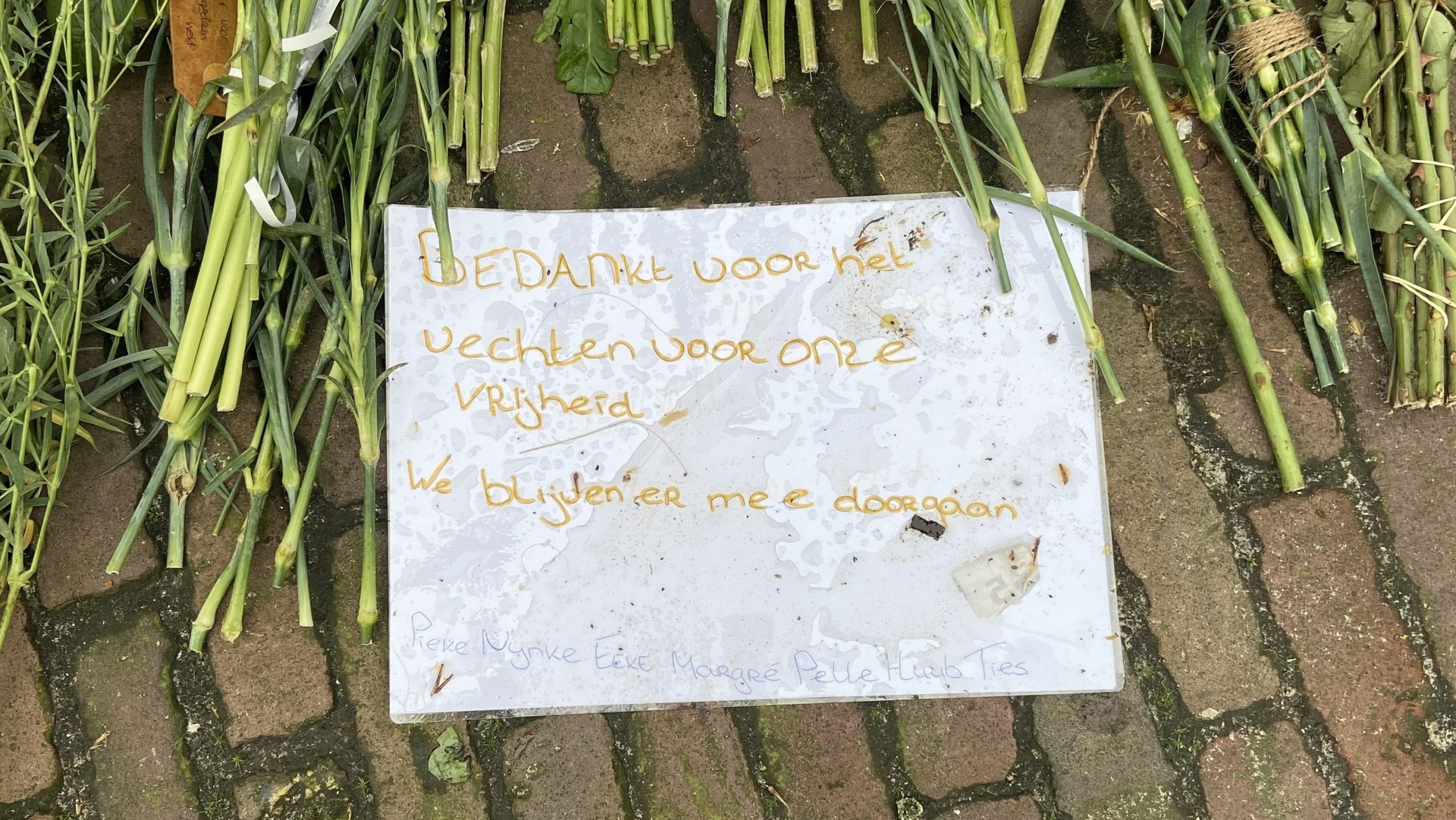The Legacy of Alexei Navalny: His Fight for Freedom Remains Alive Within the People


“By killing Alexei, Putin killed half of me, half of my heart and half of my soul. But I still have the other half, and it tells me that I have no right to give up. I will continue the work of Alexei Navalny.”
These were the words pronounced by Yulia Navalnaya, Navalny’s now widow, three days after the politician’s death–or, as many believe it to be, an assassination by the Kremlin. In an autocratic country governed by hate, fear, and despair, the death of Alexei Navalny was not only a political loss: it was a backlash against the hope of many thousands who, like Alexei, dreamt of a different destiny for their land and their people; all of those who dreamt with a different Russia.
While the invasion of Ukraine in 2022 seemed to be the last straw for a great part of the international community, causing most of the West to finally put Putin in their black lists, the world shall not forget that not everyone in Russia shares the values and ideas of their leader. Proof of this are the many protests and memorials that have taken place around the world in the last week, reuniting thousands of protesters–many of whom are Russian emigrants–to condemn this act of extreme political violence.
Mourning Navalny is more than mourning a person–it’s mourning hope, freedom, and the possibility of change. Navalny was a fearless politician, a man who was not afraid of speaking up against the Kremlin’s severe corruption or in favor of LGBT rights and the Black Lives Matter movement. Like many other nationals, he dreamt of a different path for Russia, one built on notions of freedom and democracy rather than on control, repression, and corruption. Precisely because of this, he was one of Putin’s strongest rivals, both in a political and existential sense. He organized anti-government demonstrations, ran for office in Moscow as Putin’s opposition, and founded the Anti-Corruption Foundation (FBK), who published several investigations against high-ranking Russian officials–including an accusation against Putin for using fraudulently obtained funds to build a massive estate “39 times the size of Monaco”, where he was even filmed with two of his alleged lovers. The investigation, posted publicly as a YouTube video, garnered over 90 million views in single week. In a nutshell, we can be certain that Navalny’s initiatives caused, overall, quite some stir among the Russian population.
It is therefore no wonder that Putin made of him a personal enemy. While in 2013 and 2014 he was accused of embezzlement, it was in the summer of 2020 that things really got ugly when he was poisoned with Novichok, a nerve agent considered a chemical weapon by the Chemical Weapons Convention. Unconscious and in critical condition, he was transferred from Siberia to Berlin, from where he was discharged a month later. Navalny, as many others, accused Putin for his poisoning, and indeed, he managed to get proof of this while on the phone with Konstantin Kudryavtsev, a member of Russia’s FSB spy agency; unaware that he was talking to Navalny, and not to an FSB officer, Konstantin confessed and even narrated the whole operation.
However, not even this attempted murder kept him from flying back to Russia in January 2021. It was then, just after his plane landed, that the police finally detained him, just as they detained many others among the supportive crowds who had been expecting him. Navalny was then taken to a prison in the Arctic Circle, in the Yamalo-Nenets region 1900 km northeast to Moscow, where he would have to remain for a sentence of 19 years–and where he actually died last week, on the 16th of February 2024.
The official report says he died of natural causes. Apparently, it was a sudden death after he returned from a walk claiming he didn’t feel very well. It was also stated that a medical team had tried to resuscitate him for half an hour, unsuccessfully so. But no one seems to believe this story. Both Navalny’s wife and his mother have publicly accused Putin of being behind his death, while the latter has informed that, further than being denied access to see her son’s body for a few days, she was then being pressured to celebrate a secret funeral and threatened into accepting certain conditions if she wanted to access the morgue. Furthermore, Navalny’s lawyer, who had visited him in jail just a few days before his death, declared that he had been in perfect condition and even good humor, not showing any signs of being sick.
The international community is also calling for justice: protests around the world condemn Putin and pressure him into facing the International Court of Justice, while Navalny’s supporters in Russia are being arrested during demonstrations, their flowers being removed from memorials. Several world leaders, including Biden, the European Council president Charles Michel, or Zelenskiy, all point to Putin, too, and consider placing even harsher sanctions on Russia.

Even though the Kremlin assures they have nothing to do with the politician’s death, it seems like Russia has definitely run out of credibility. This last episode of political violence has, once more, showed the real face of the Russian government, an elite who will do anything to destroy whoever gets in their way, including their own nationals. However, it does not seem to faze them that half of the world is calling their leader “killer” and chanting “Putin to the Hague” (where the International Court of Justice is); it does not seem to faze them that, save perhaps for China, who has refused to comment on Navalny’s death, the most powerful nations of the world are all against them, publicly repulsed by their actions. And while everyone keeps turning their back on them, a country who keeps violating Human Rights and international law and who is currently fighting a war that they themselves initiated, one cannot help but wonder–for how long can Russia keep this up without any friends left?
The future of the Russian nation is definitely blurry, and perhaps scary. However, one thing is clear: while Navalny might be dead, his spirit will remain alive within the people, who will persevere in their fight for liberty.
For further reading please refer to:
https://carnegieendowment.org/politika/91665
https://www.theguardian.com/world/2020/dec/21/navalny-russian-agent-novichok-death-plot
https://cnnespanol.cnn.com/2024/02/22/navalny-causa-muerte-informe-medico-trax/



